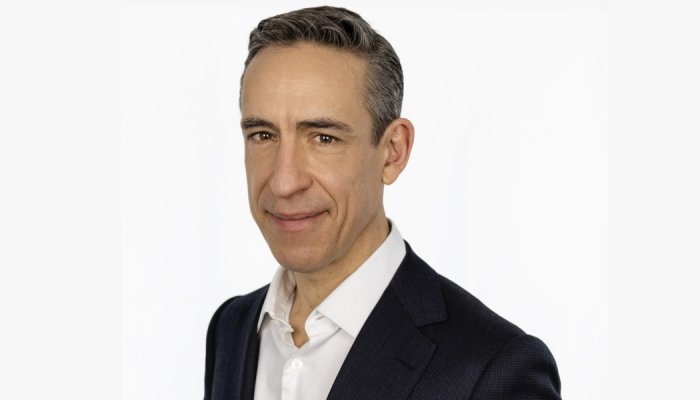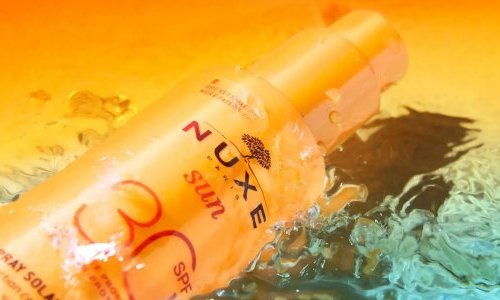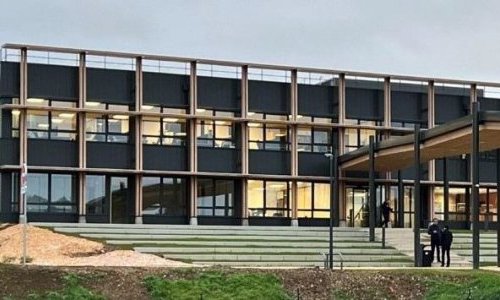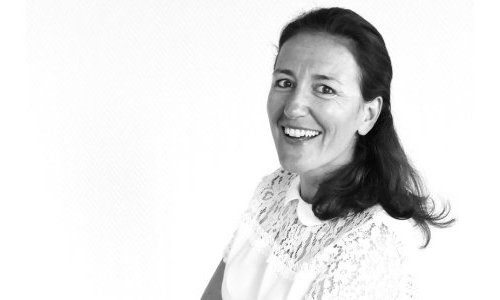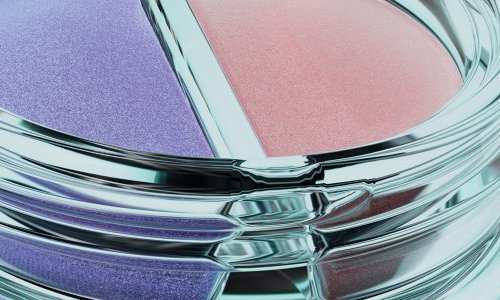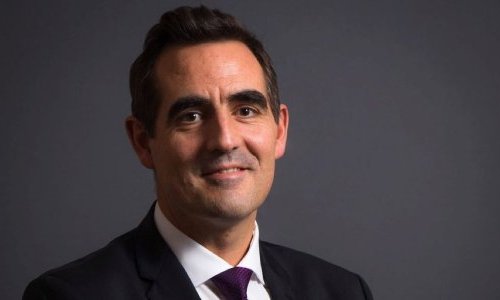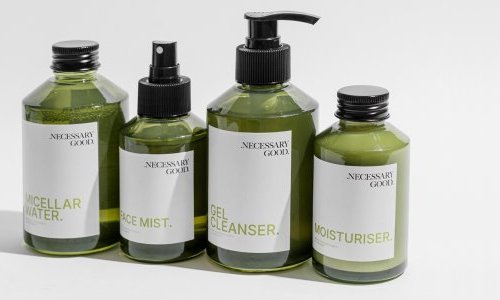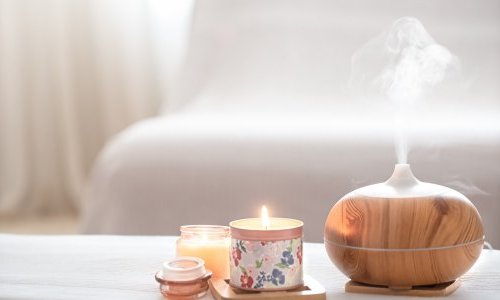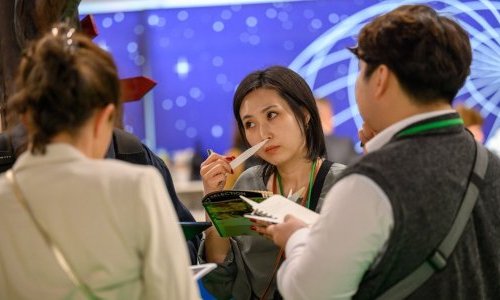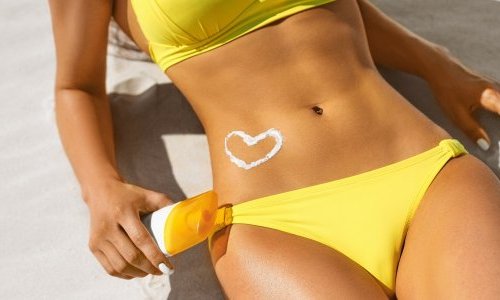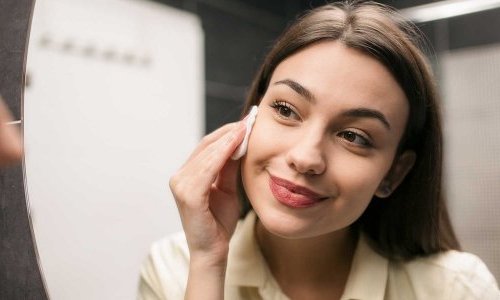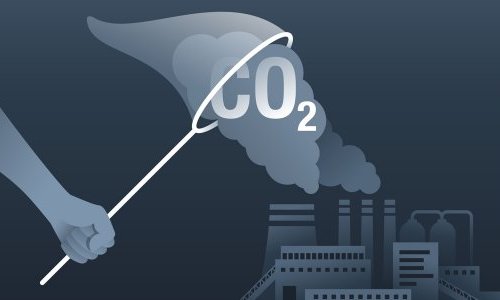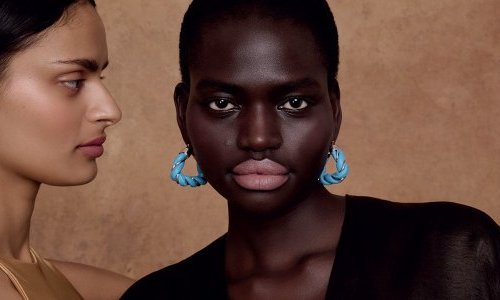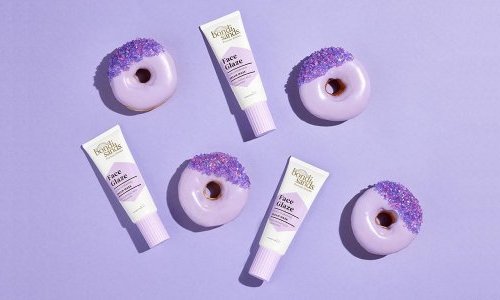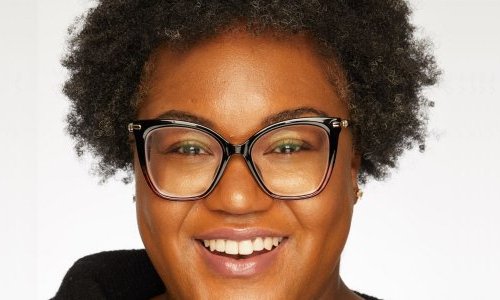Premium Beauty News - What is the situation of Albéa’s Tubes Division today?
Nicolas Yatzimirsky - The Group’s Tubes Division currently represents a little more than half of its turnover. We are continuing to develop with the recent acquisition of the Indian company Abdos Lamitubes, which allows us to have three new production sites in India (Assam and Uttarakhand), but also in Dubai, United Arab Emirates, and another one in Lagos, Nigeria. India is naturally a strategic market while growth in sub-Saharan Africa is very strong, even if volumes are still low for the time being.
Albéa Tubes now has a total of 24 production sites, which allow us to be even closer to our customers in every corner of the world. With the sale to Silgan of our business unit in Brazil, South America is one of the only regions where we do not have an industrial foothold. We do not plan to resettle in this dynamic region for the time being, but our return in the long term is one of the options we are considering.
Premium Beauty News - How did rises in prices of raw materials and supply chain disruptions impact your Division?
Nicolas Yatzimirsky - Like all packaging manufacturers, we have experienced significant increases in the price of raw materials, but also of cardboard, transport and energy costs. The imbalance between supply and demand linked to the upturn in the global economy in the post-Covid period was exacerbated by a series of exceptional events that affected the factories of several major raw materials suppliers. However, our teams have made huge efforts to both anticipate and react as quickly as possible, in particular by increasing our stocks, which has helped us meet orders but on the other hand has weighed on our cash. So despite these cost increases, we have been able to avoid supply disruptions for our customers so far, which they appreciated. Our teams did a remarkable job.
Premium Beauty News - Recently, Albéa announced several innovations, both in terms of material reduction and recyclability. Is the future of tubes necessarily ecological?
Nicolas Yatzimirsky - Unquestionably! For instance, Albéa was one of the first to develop recyclable toothpaste (and cosmetic) tubes, and we are continuing to convince our customers to move in this direction. We have also launched a tube made partly of paper, in partnership with L’Oréal, and we are developing increasingly lightweight tubes and caps that require much less plastic. Our very latest cap was eco-designed to "visualise" the material saving. This allows to renew the aesthetics of tubes and to make them stand upright to do without secondary packaging.
As a packaging supplier, we are doing our share. But we have to admit that plastic is still not recycled enough! Even though the carbon footprint of a plastic tube is very low compared to any other packaging material, its lightweight means that consumers do not always realise the potential value of recycling. And as long as packaging containers are poorly recycled, it will be difficult to implement a true circular economy for used plastic packaging.
Like our clients, we have made key public commitments concerning the recyclability of our products and the reduction of our carbon footprint. By 2025, 100% of the plastic packaging manufactured by the Group will be reusable or recyclable!
To meet this challenge, we have worked on all fronts: changes in resins, use of alternative materials, of recycled materials, lightening, etc. But the future of tubes stands in their recyclability!
Today, chemical recycling technologies allow obtaining a material whose aesthetic and functional performances are similar to those of virgin material. Capacities are still clearly insufficient, but they are developing, thanks to the involvement of key manufacturers in the market.
Premium Beauty News - What is your take on the increasing regulatory constraints and maybe even the signing of a global treaty on plastic pollution?
Nicolas Yatzimirsky - Regulatory constraints on plastic recycling are a good thing. The more plastic is recycled, the less plastic pollution there will be, and the more people will accept plastic material in their homes! An industry cannot last if it goes contrary to the expectations of citizens and consumers...
And the lack of recycling also weighs on the development of a circular economy for plastics, as the amount of recycled plastic available is still far below demand...
As far as Albéa is concerned, we are already well prepared with a comprehensive portfolio of solutions to meet both societal environmental expectations and brand positioning... But we want to move further and faster. We want to act collaboratively, with all the players involved in the packaging value chain, to develop plastic recycling, define new market standards, and continue to offer desirable packaging solutions that define our industry.
Premium Beauty News - Is the implementation of a truly circular economy possible for plastic tubes?
Nicolas Yatzimirsky - I believe that no packaging or material can claim to achieve complete recyclability. But we can imagine that 60 to 70% of plastic will be recycled in the coming years, which would already be a significant improvement on the current situation. To facilitate the elimination of fossil-based plastics, some solutions exist or are already under development, in particular biosourced resins that do not compete with foodstuff. It should not be forgotten that plastic is a relatively new material, whose technology is far from being fully harnessed. Its lightness is an important environmental asset; for the rest, we have already made a lot of progress and I am confident in our collective capacity for innovation!
Premium Beauty News - When will refillable tubes be available?
Nicolas Yatzimirsky - They could probably already be designed. But there are concerns regarding their acceptability and the cost/benefit ratio: it is not certain that the logistics of recovery, cleaning, refilling would be less impactful on the environment than good recycling...
Premium Beauty News - What is your vision of the future of this market? How does Albéa intend to position itself in this context?
Nicolas Yatzimirsky - I sincerely believe in the future of tubes and plastic.
This universal packaging is light, practical, competitive, hygienic, it protects formulas and offers superb opportunities for decoration. Its carbon footprint is relatively low. We will set new standards that will make it recyclable everywhere, and work with our ecosystem to develop effective recycling at scale.
Yes, we will soon almost exclusively only make recyclable tubes!
In 2018, when, along with several other clients, we signed the Ellen McArthur Foundation Commitment, 2025 seemed a long way off and the roadmap ambitious. After a pandemic, a major supply crisis, rampant inflation and now a war in Europe, in a demanding regulatory environment, 2025 is fast approaching. We have shown innovation, determination, collaboration, ambition - now it is time for a collective leap forward to meet our commitments to the planet, our stakeholders, and our children.

